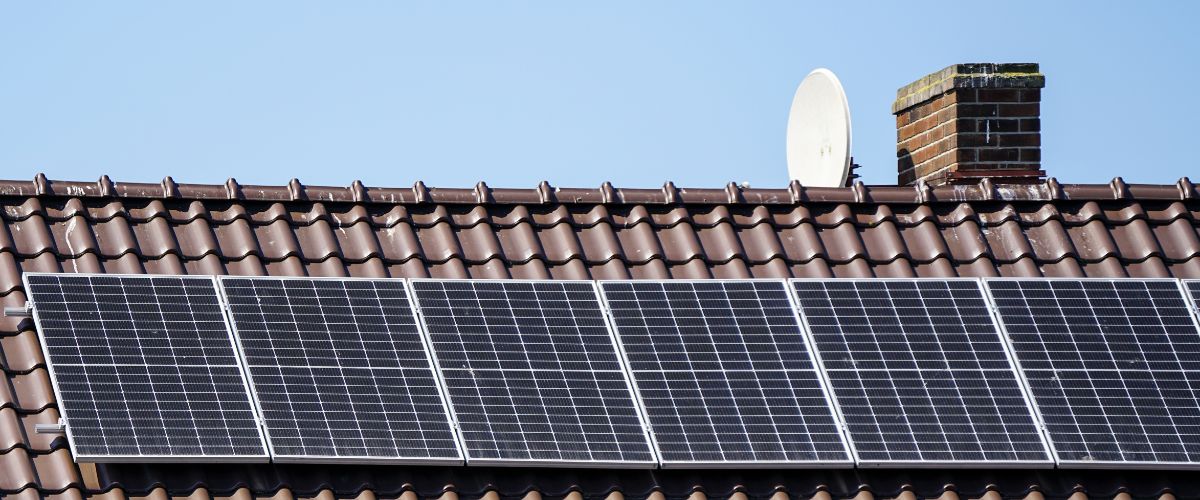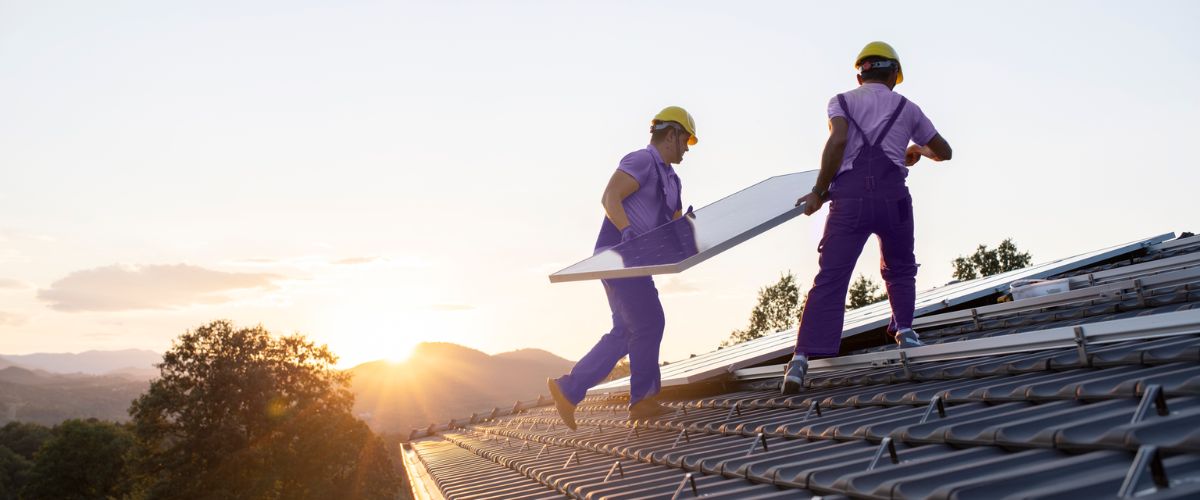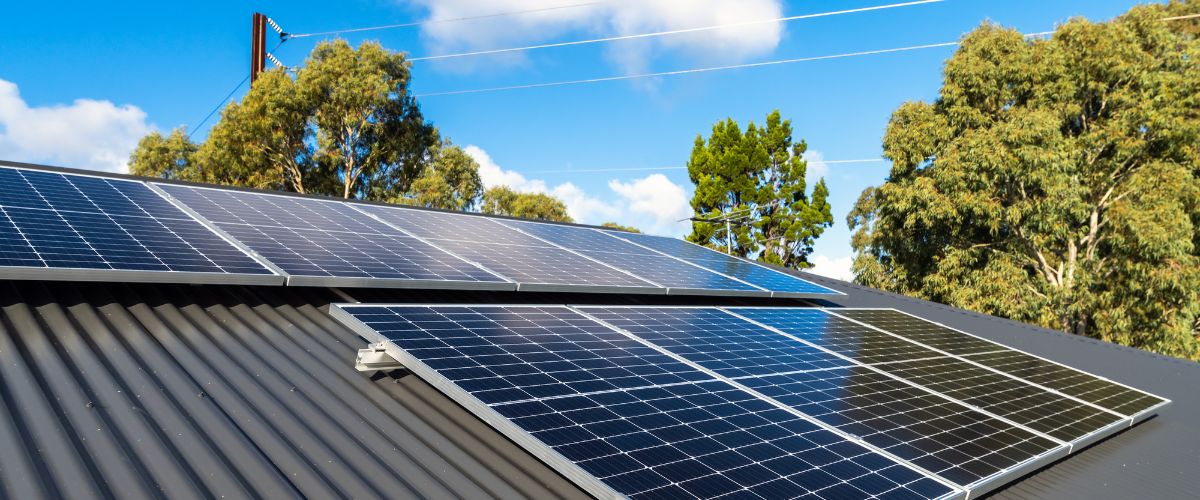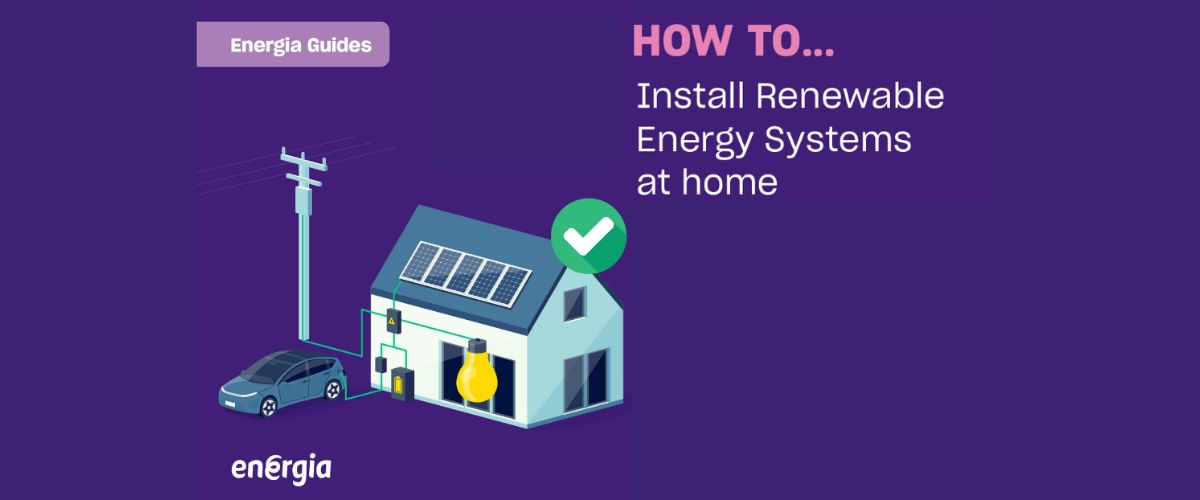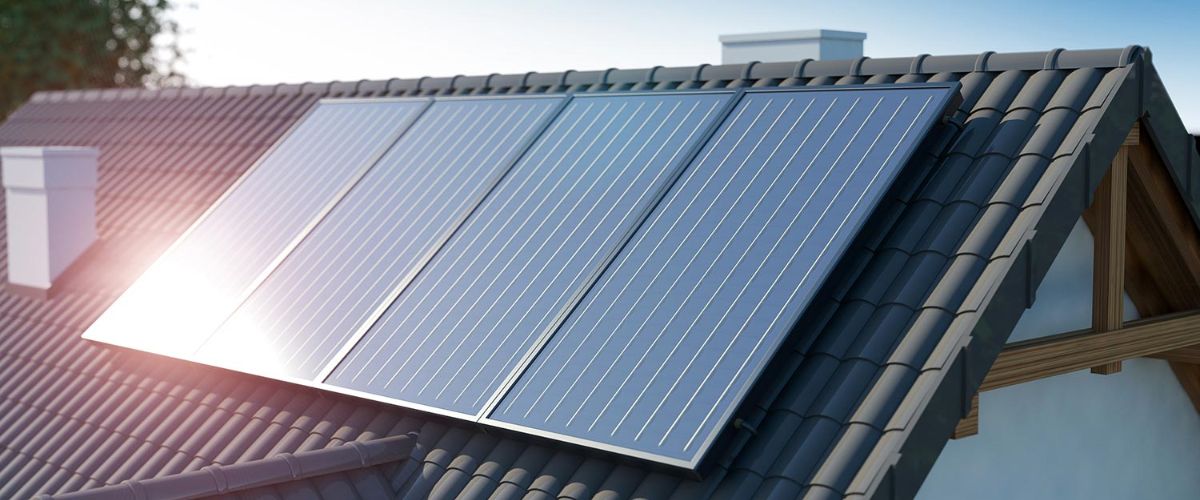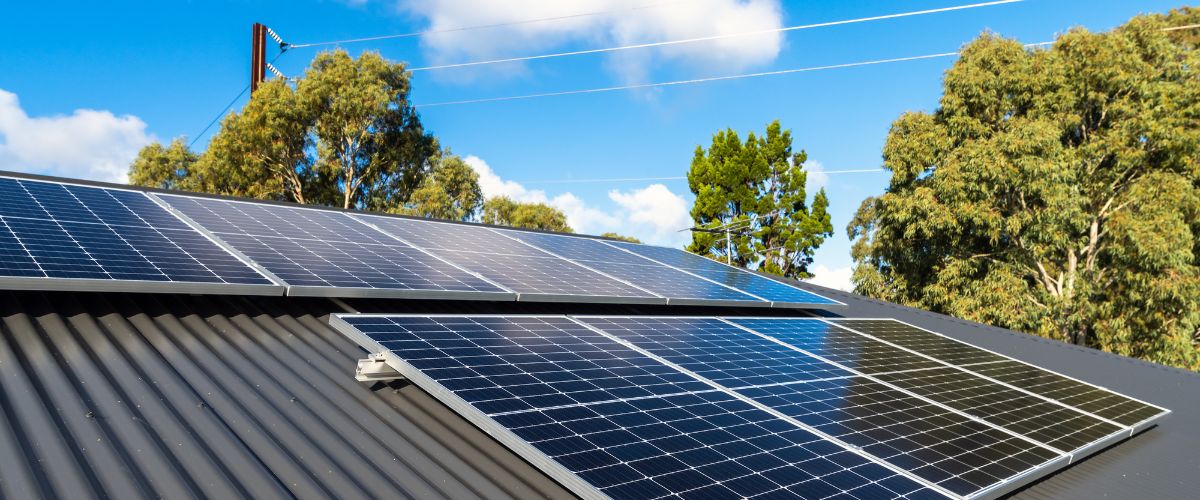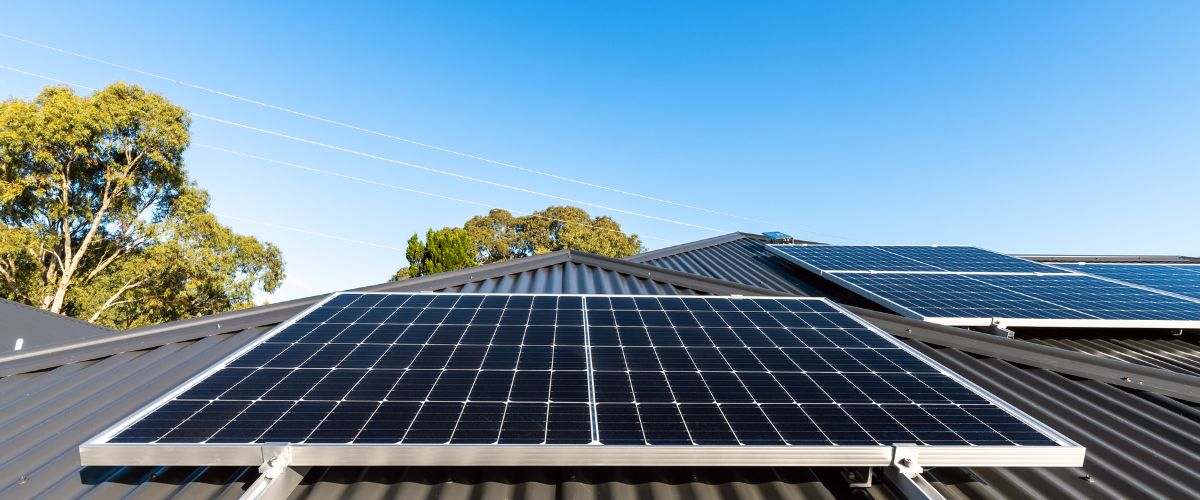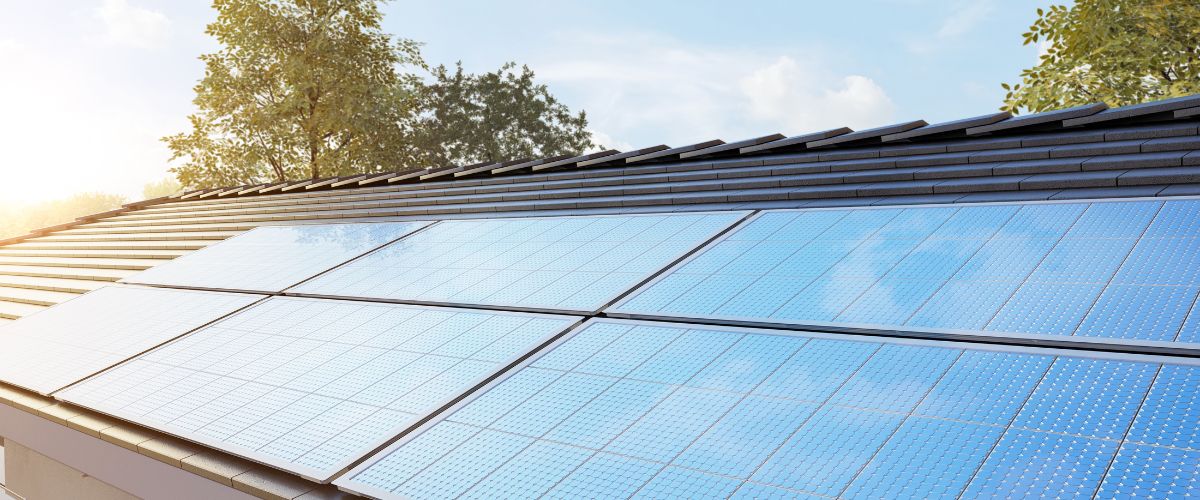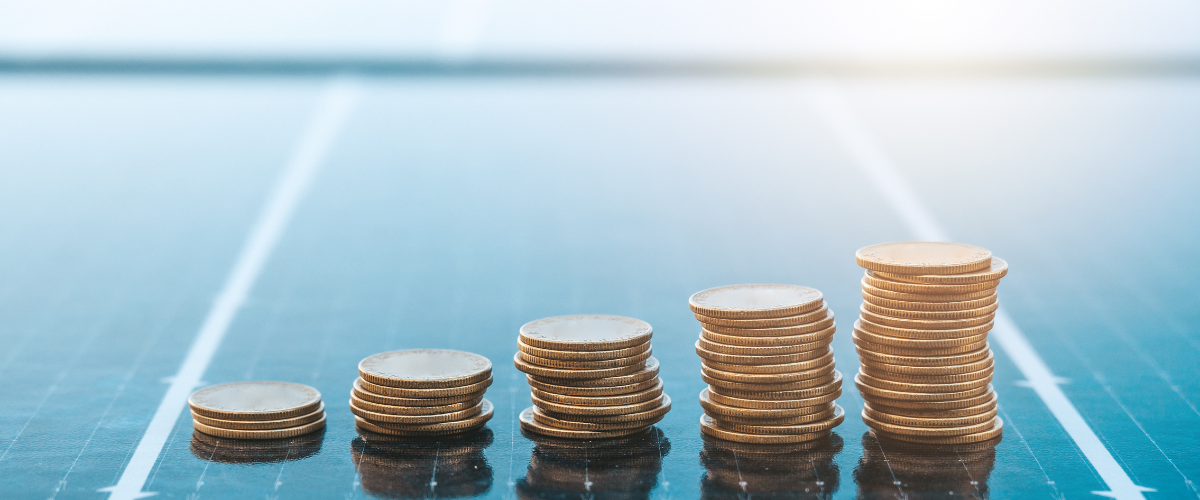How long do solar panels last?
Even after 30 years, solar panels will still generate energy, but at a less efficient rate. They are a good option for homeowners looking to go green and save money on energy costs, plus knowing they will last for decades can provide peace of mind.
Although they degrade over time, with proper care, they can last even longer. Installing solar panels is an investment, but knowing they can last for years makes it worthwhile. Keeping them well-maintained can help extend their lifespan.
In this blog post, we will cover how long solar panels last and provide some helpful tips to make your solar panels last even longer.
Table of Contents:
-
Which solar panels last the longest
-
Factors that affect solar panel lifespans
-
What is solar panel degradation rate
-
When should I replace solar panels
-
Tips to make your solar panels last longer
Which solar panels last the longest?
Before investing in solar energy, understanding the durability of solar panels is crucial. Let’s break down the durability of solar panels by looking at the different types available.
Monocrystalline Solar Panels:
These solar panels are known for being very durable in the solar industry. Made from single-crystal silicon, these panels can last over 30 years. They’re tough and efficient, which is why many homeowners and businesses choose them for long-term solar power.
Polycrystalline Solar Panels:
Slightly less enduring than monocrystalline solar panels. But they still offer longevity for about 25-30 years. Their competitive pricing and solid performance make them a practical option for those prioritising both longevity and affordability when making an investment.
Thin Film Solar Panels:
These are a lighter and more flexible alternative, yet they have a shorter lifespan. Composed of thin layers of photovoltaic material, thin film panels typically have a lifespan of approximately 20 to 25 years. While they offer versatility in installation, their reduced durability may require more frequent replacements over time.
When choosing your solar panels, consider how long you want them to last, along with other factors like cost and efficiency. With the right information, you’ll make smart choices that keep your solar panels running smoothly for years to come.
Factors that affect solar panel lifespans
Understanding the various factors that influence the lifespan of solar panels is crucial for making informed decisions about your solar investment. Let’s explore some key factors that can impact how long your solar panels last:
Quality
The quality of materials and manufacturing processes used in solar production plays a significant role in determining longevity. High-quality panels are built to withstand harsh weather conditions while maintaining their efficiency over time. They often undergo rigorous testing and adhere to industry standards to ensure durability. Lower quality panels on the other hand may degrade more quickly, resulting in reduced performance and a shorter lifespan. Investing in solar panels from reputable manufacturers known for their quality can help ensure that they stand the test of time.
Installation
Proper installation is essential for maximising the lifespan of solar panels. The way the solar panels are installed can impact their performance, efficiency, and durability. Factors such as panel orientation, tilt angle, and hardware all play a role in determining how well panels withstand various environmental conditions. If panels are installed incorrectly, they are prone to damage from environmental factors like wind or debris, leading to premature degradation and shorter lifespans. Hiring experienced professionals who follow best practices for installation can help reduce these risks and ensure that your solar panels perform optimally for years to come. With our new smart solar bundle, you can save up to €750 on solar panel installation, you can also earn up to 20 cent per kWh with microgeneration.
Climate
The climate in which solar panels are installed can impact their longevity. Extreme temperatures and high humidity can accelerate wear and tear on panels, resulting in degradation and reduced performance over time. For example, solar panels installed in countries like Australia, known for their scorching summers, may experience thermal stress. When it comes to Ireland, that’s not something you need to worry about!
What is solar panel degradation rate?
Solar panel degradation rate is the rate at which solar panels lose efficiency over time due to various factors such as exposure to sunlight, temperature fluctuations, and various environmental conditions. It’s typically described as the annual loss in the panel’s initial efficiency percentage.
For example, a solar panel with a degradation rate of 0.5% per year would lose half a percentage of its efficiency per year. Over the panels lifespan, this degradation accumulates, resulting in a gradual decline in energy production.
In Ireland, where weather conditions can change rapidly, customers typically experience an average solar panel degradation rate of about 0.5% per year. This means that solar panels installed in Ireland typically maintain a high level of efficiency over their lifespan, with minimal degradation compared to panels in other countries with more extreme climates.
When should I replace solar panels?
Knowing when to replace solar panels is essential for maintaining optimal energy production and maximising the return on your investment. Here are a few tips to help you identify when it’s time to replace your solar panels:
Age of Panels
Solar panels typically have a lifespan of 25 to 30 years or more. As the solar panels approach the end of their lifespan, their efficiency may decline, resulting in reduced energy production. If your panels are nearing or have surpassed their expected lifespan, it may be time to consider replacing them to ensure optimal performance.
Declining Efficiency
Monitor your solar panel system's performance regularly to detect any significant declines in efficiency. Factors such as dirt accumulation, shading, or degradation over time can affect panel performance. If you notice a significant drop in energy production that cannot be attributed to external factors, it may indicate that your panels are no longer operating optimally and may need replacement.
Physical Damage
Get your solar panels serviced at least once every two years for any physical damage, such as cracks and corrosion. Physical damage can compromise the integrity of the panels and reduce their effectiveness in capturing sunlight. If you observe any visible damage that cannot be repaired, it may be necessary to replace the affected panels to maintain performance and safety.
Warranty Expiration
Consider the warranty coverage of your solar panels, as warranties typically provide protection against defects and performance issues for a certain period. If your panels are nearing the end of their warranty period and you anticipate potential issues in the future, it may be wise to replace them before the warranty expires to avoid costly repairs.
Tips to make your solar panels last longer
Want to make sure your solar panels stand the test of time and continue saving you money for years to come? Follow these simple steps:
Invest in Quality
Choose high-quality solar panels from reputable manufacturers known for their durability and reliability. While upfront costs may be higher, investing in quality panels can pay off in the long run by minimising maintenance and replacement expenses.
Proper Installation
Make sure your solar panels are installed correctly by experienced professionals following best practices. Proper installation not only maximises energy production but also reduces the risk of damage and extends the lifespan of your panels.
Regular Maintenance
Schedule regular inspections and maintenance checks to keep your solar panels clean and free from debris. Remove any dirt, leaves, or snow that may accumulate on the panels to improve sunlight absorption and maximise energy production.
Monitor Performance
Keep track of your solar panel system's performance through monitoring tools or software provided by your installer. Pay attention to any significant drops in energy production, which may indicate potential issues that require attention.
Environmental Protection
Install protective measures such as bird deterrents or anti-reflective coatings to prevent damage from birds, pests, or harsh weather conditions. Also, consider investing in surge protectors or lightning arrestors to protect your system against electrical surges or lightning strikes.
Upgrade When Necessary
Keep on top of technological advancements in solar panel technology and consider upgrading your panels when newer, more efficient options become available. Upgrading to newer panels can improve energy production and save you money in the long run.
Ready to make the switch to solar energy and start saving money on your bills? Contact our team today and learn more about solar panel installation and how you can benefit from clean, renewable energy.
Want to learn more?
Read the rest of our solar guides!
